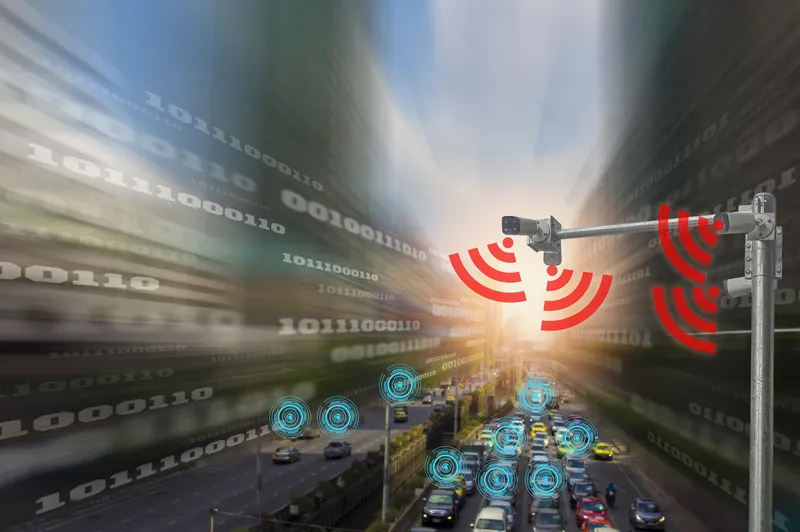The I_Hero project has organised a workshop to address the challenges and opportunities that need to be met to ensure successful introduction of eCall in the different EU Member States. It will also offer insights into how commercial companies can leverage maximum benefit from this introduction.
The workshop takes place at Le Chatelain Boutique Hotel, Brussels on 26 April from 0900-1700.
eCall will be mandated in Europe for all new types of cars and light trucks manufactured after 31 March 2018. Membe
February 22, 2016
Read time: 2 mins
The I_Hero project has organised a workshop to address the challenges and opportunities that need to be met to ensure successful introduction of eCall in the different EU Member States. It will also offer insights into how commercial companies can leverage maximum benefit from this introduction.
The workshop takes place at Le Chatelain Boutique Hotel, Brussels on 26 April from 0900-1700.
eCall will be mandated in Europe for all new types of cars and light trucks manufactured after 31 March 2018. Member States are to ensure their Public Safety Answering Points (PSAP) are upgraded and have completed conformity assessment before 1 October 2017.
The combination of the necessary technologies, coupled with the socio-political implications make eCall implementation a challenge in any Member State. This extends to all commercial entities that will be required to fulfil the legal requirements.
eCall implementation will require a coordinated response involving both Ministries of Transport, Ministries responsible for PSAPs, and in some cases Ministry of Health. Effective management will be required for an efficient and effective outcome.
The agenda and registration link will be available shortly.
The workshop takes place at Le Chatelain Boutique Hotel, Brussels on 26 April from 0900-1700.
eCall will be mandated in Europe for all new types of cars and light trucks manufactured after 31 March 2018. Member States are to ensure their Public Safety Answering Points (PSAP) are upgraded and have completed conformity assessment before 1 October 2017.
The combination of the necessary technologies, coupled with the socio-political implications make eCall implementation a challenge in any Member State. This extends to all commercial entities that will be required to fulfil the legal requirements.
eCall implementation will require a coordinated response involving both Ministries of Transport, Ministries responsible for PSAPs, and in some cases Ministry of Health. Effective management will be required for an efficient and effective outcome.
The agenda and registration link will be available shortly.










